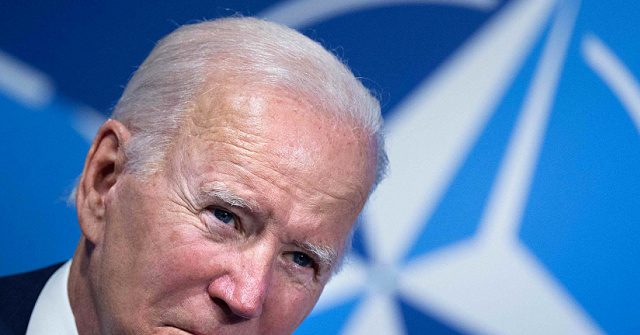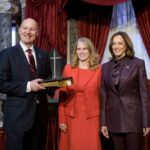

A federal judge has blocked the Biden administration’s recent rules giving gays and transgender people extended rights in schools and the workplace because Biden’s regulators bypassed a critical requirement of federal law that must be satisfied before issuing such a regulation: giving the public notice of the regulation, time to file comments, and forcing the agency to respond to those comments.
U.S. District Judge Charles Atchley Jr. agreed with 20 state attorneys general that the regulations may infringe on states’ rights and could be seen as having been improperly drawn. Atchley blocked the implementation of the rules until a lawsuit addressing the changes could be resolved, the Associated Press reported.
“As demonstrated above, the harm alleged by Plaintiff States is already occurring — their sovereign power to enforce their own legal code is hampered by the issuance of Defendants’ guidance and they face substantial pressure to change their state laws as a result,” the Trump-appointed judge wrote.
The request to block the rules was filed by the attorneys general of the states of Alabama, Alaska, Arizona, Arkansas, Georgia, Idaho, Indiana, Kansas, Kentucky, Louisiana, Mississippi, Missouri, Montana, Nebraska, Ohio, Oklahoma, South Carolina, South Dakota, Tennessee, and West Virginia.
“The directives regarding discrimination based on sexual orientation was issued by the U.S. Department of Education and the Equal Employment Opportunity Commission in June,” the AP added, “following a landmark civil rights decision by U.S. Supreme Court in 2020 that, under a provision called Title VII, protects gay, lesbian and transgender people from discrimination in the workplace.”
At issue is the claim by Biden’s regulators that the U.S. Supreme Court’s Bostock decision requires new rights to be afforded to transgender and LGBTQ people. But that claim goes against the actual ruling which states that the decision is limited in scope meaning that the ruling can be applied outside the specific case, like the administration tried to do with the new rulings.
Regulations that are called “legislative rules” are the ones that must go through notice and comment.
Precedent from the Sixth Circuit appeals court (which has jurisdiction over Tennessee) explains, “Because interpretive rules cannot effect a substantive change in the regulations, a rule that adopts a new position inconsistent with any of the agency’s existing regulations is necessarily legislative.”
Judge Atchley asserted, “Plaintiffs can establish that Defendants’ challenged guidance documents are legislative rules that create new rights and obligations, and Defendants do not contend that they complied with the APA’s notice and comment requirements.
“Similarly, the Supreme Court explicitly refused to decide whether ‘sex-segregated bathrooms, locker rooms, and dress codes’ violate Title VII. Bostock does not require Defendants’ interpretations of Title VII & IX…Defendants fail to cabin themselves to Bostock’s holding.”
In essence, the state attorneys general contend that the Biden administration purposefully misinterpreted the high court’s Bostock decision as a back door way to nullify the laws recently enacted in multiple states that block transgender women from competing in sports with natural-born women and other laws that put limits on transgenderism.
Follow Warner Todd Huston on Facebook at: facebook.com/Warner.Todd.Huston, or Truth Social @WarnerToddHuston





